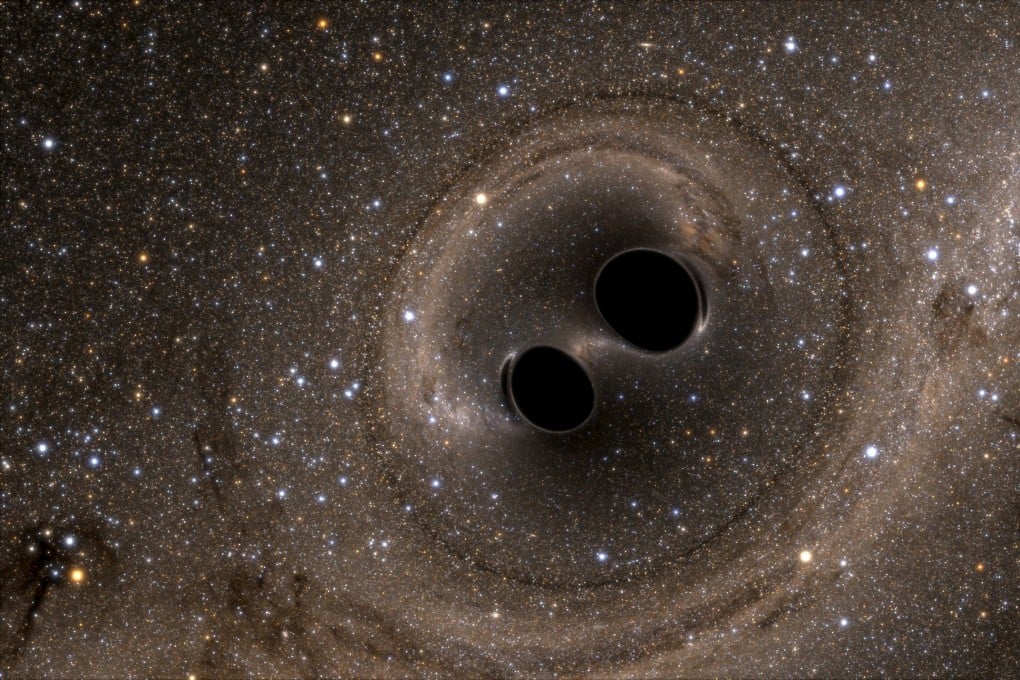Advertisement
Chinese scientists use quantum computing to simulate black hole
- Researchers say the experiment is a step towards creating systems with ‘properties analogous to black holes’
- The scientists tested a theory devised by the renowned physicist Stephen Hawking
Reading Time:2 minutes
Why you can trust SCMP

A Chinese-led team of scientists say they have simulated the physics of black holes using quantum computing.
The researchers said the experiments on Hawking radiation opened up a new path for simulating the quantum effects of black holes with superconducting quantum chips and marked “a step in the direction of creating quantum systems with properties analogous to those of black holes”.
A black hole is a region in space where gravity is so strong that even light cannot escape.
Advertisement
When a particle falls into a black hole horizon and the horizon prevents the particle from turning back, it becomes impossible to escape.
But when quantum effects are taken into account, the particle inside the black hole will gradually escape to the outside, leading to Hawking radiation, according to the team.
Advertisement
The theory proposed by the British theoretical physicist Stephen Hawking in 1974 refers to radiation, energy that travels in the form of waves or particles, theoretically emitted from just outside the event horizon – or boundary – of a black hole.
Through Hawking radiation, black holes lose energy and will eventually evaporate.
Advertisement
Select Voice
Select Speed
1.00x